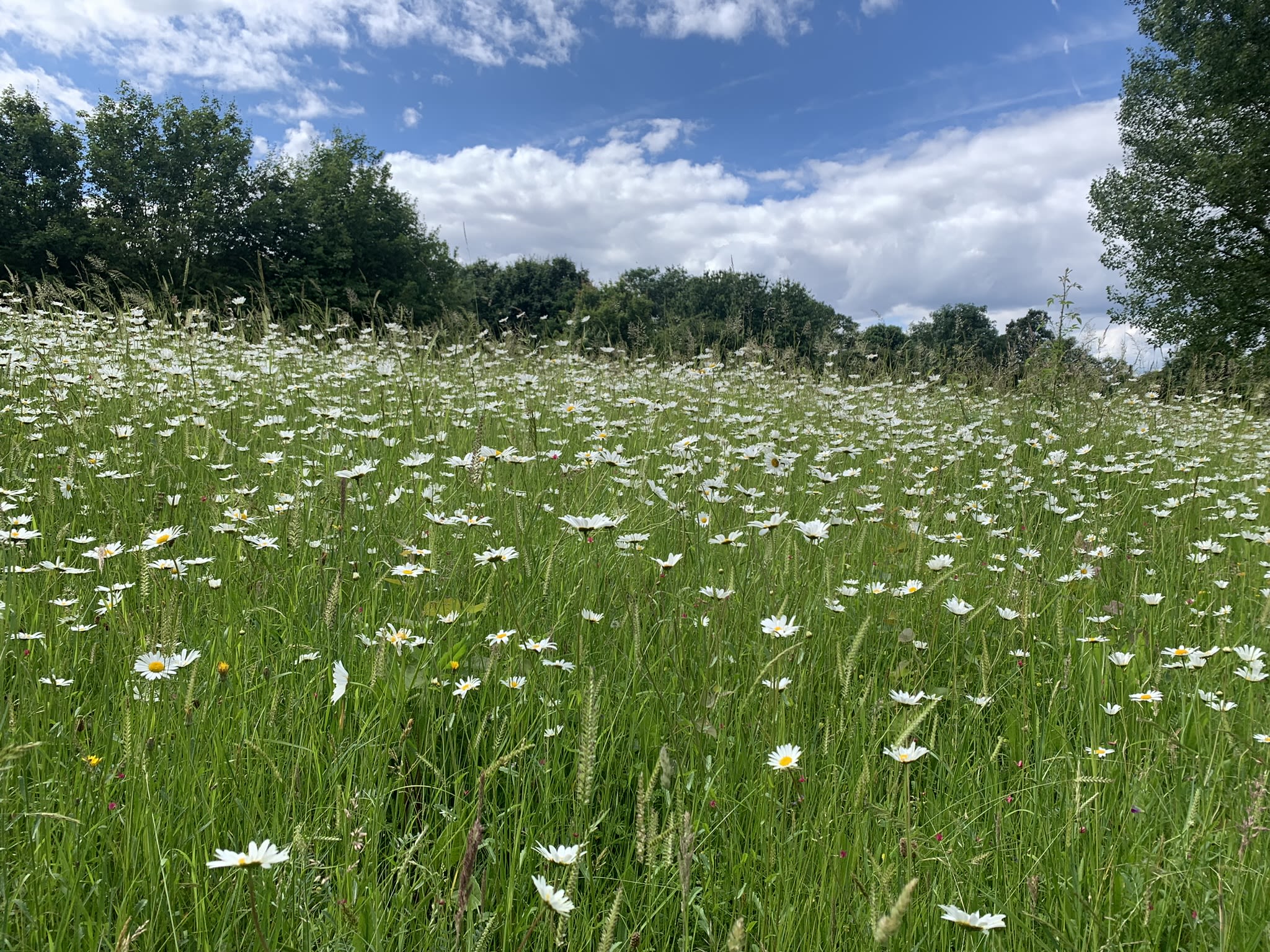PRIDE IN NATURE:
Queer ecology walk at the London Wetland Centre
Words, images and videos by Myriam Page
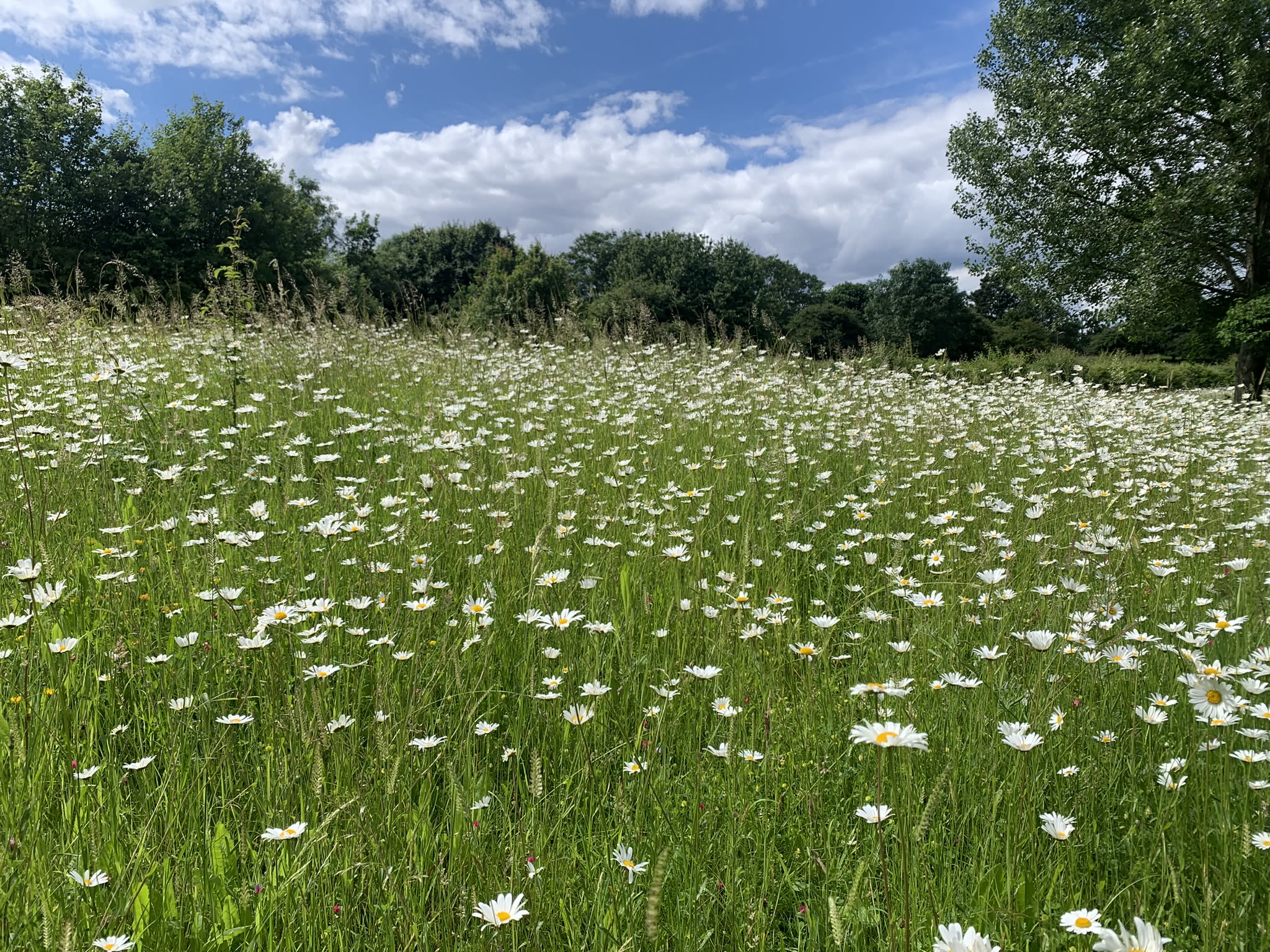

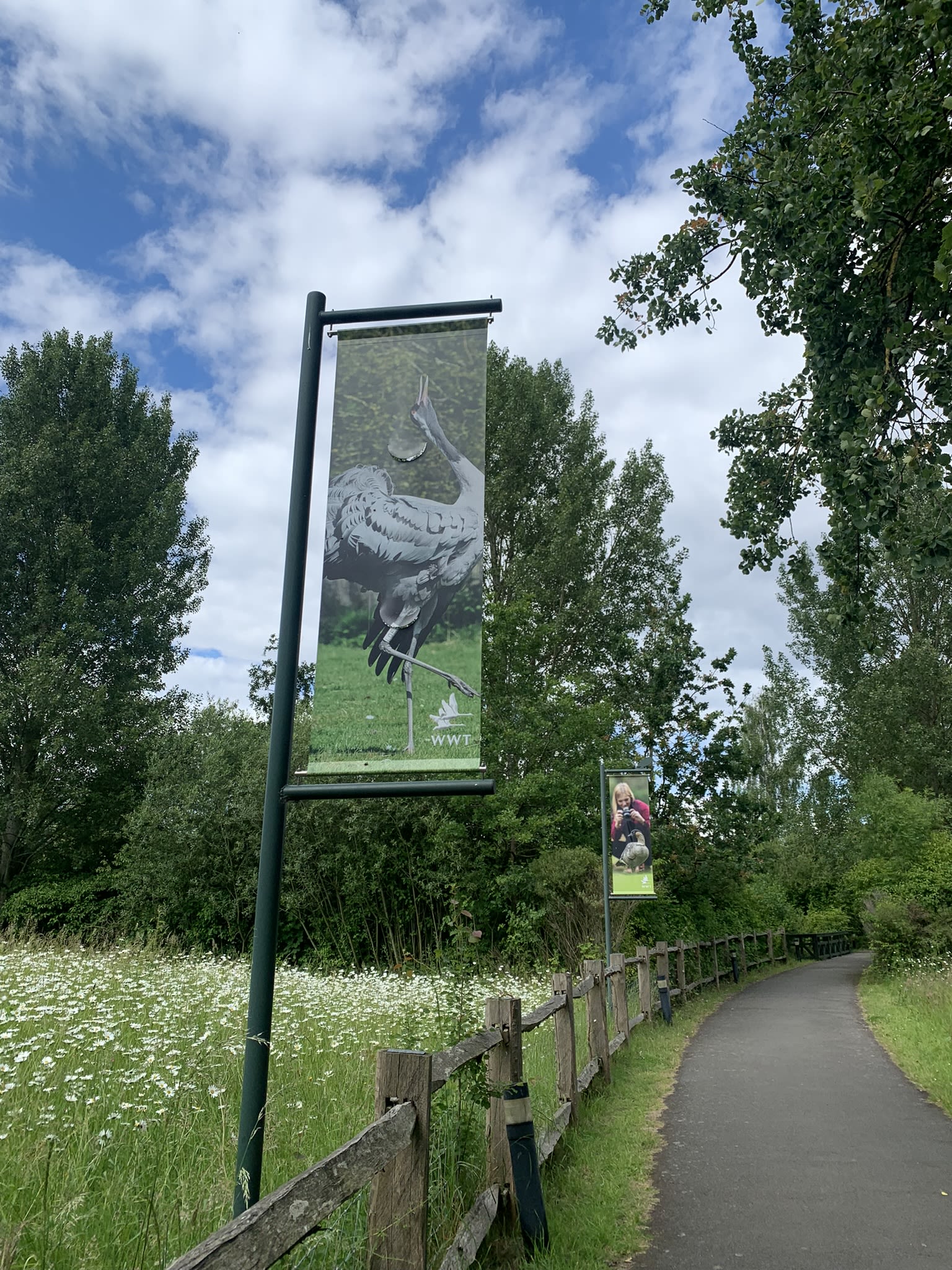

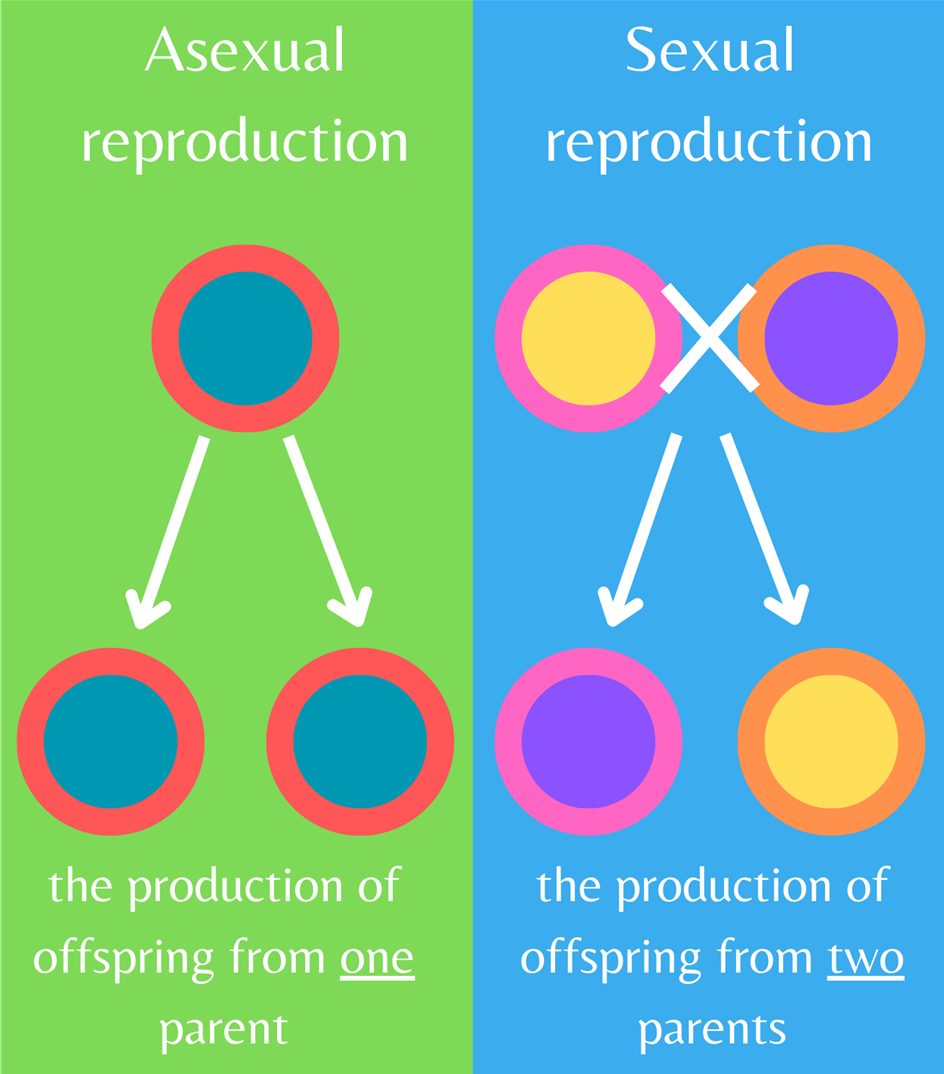


Pride Month has burst onto the scene again, bringing with it the beautiful wash of colour many wish could, and believe should, fill our streets throughout the rest of the year too.
One person celebrating Pride inside and outside the month of June is Connor Butler.
He is keen to get people supporting Pride in a way off the beaten track – literally.
The 32-year-old ecologist and education consultant leads workshops, does his own research, and guides ecology walks educating people on animals, insects, and plants that don't stick to what traditional human values have deemed to be "normal".
By pointing out animals often found in same-sex relationships, or insects that reproduce asexually, or trees with both female and male reproductive organs, Connor challenges perceptions of what humans consider “unnatural” and “natural”.
I had the opportunity to join Connor on his latest Queer ecology walk at the Wildfowl and Wetlands Trust (WWT) London Wetland Centre in Barnes.
While this was his first one at the WWT, he has delivered over 30 walks for organisations such as Chelsea Physic Garden, Garden Museum and The Royal Parks.
During his WWT walk, Connor emphasised that humans think these aspects of nature are strange and odd, when in reality nature has always been this way: “It’s just nature being nature.”
Connor’s expertise and enthusiasm was obvious before even getting started on his guided walk.
He pointed out from across the courtyard a shieldbug huddled over her cluster of eggs on the leaf of a birch tree, which she had rolled up to protect her and her brood.
“We often think of insects as not particularly strong parental figures, but this is a good example of one that spends a lot of time looking after its babies after giving birth,” explained Connor.
He fed these nuggets of information all along the walk - while lifting a log off the ground to find a smooth newt and beetles scurrying around, using his sweeping net to pick up bugs and beetles, all the time reminding the group that this is “nature being nature”.
He said: “Nature isn’t judgemental, unlike society.”
Later on, he expanded on that point: “It’s actually a little strange to be calling nature Queer, when it’s just being as it always has been.
“Humans placing their bias onto nature has labelled it as Queer.”
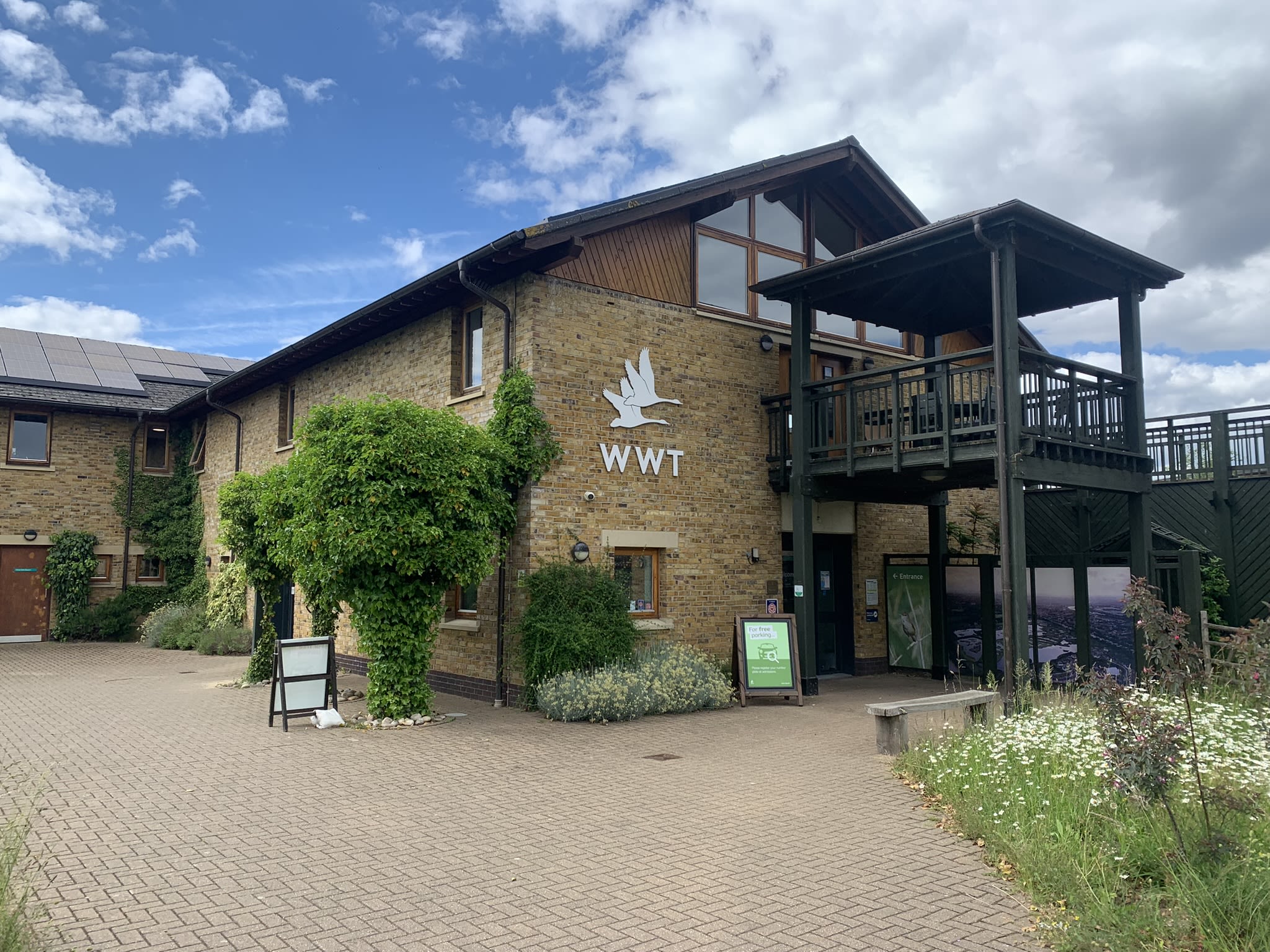
The entrance to the London Wetland Centre.
The entrance to the London Wetland Centre.
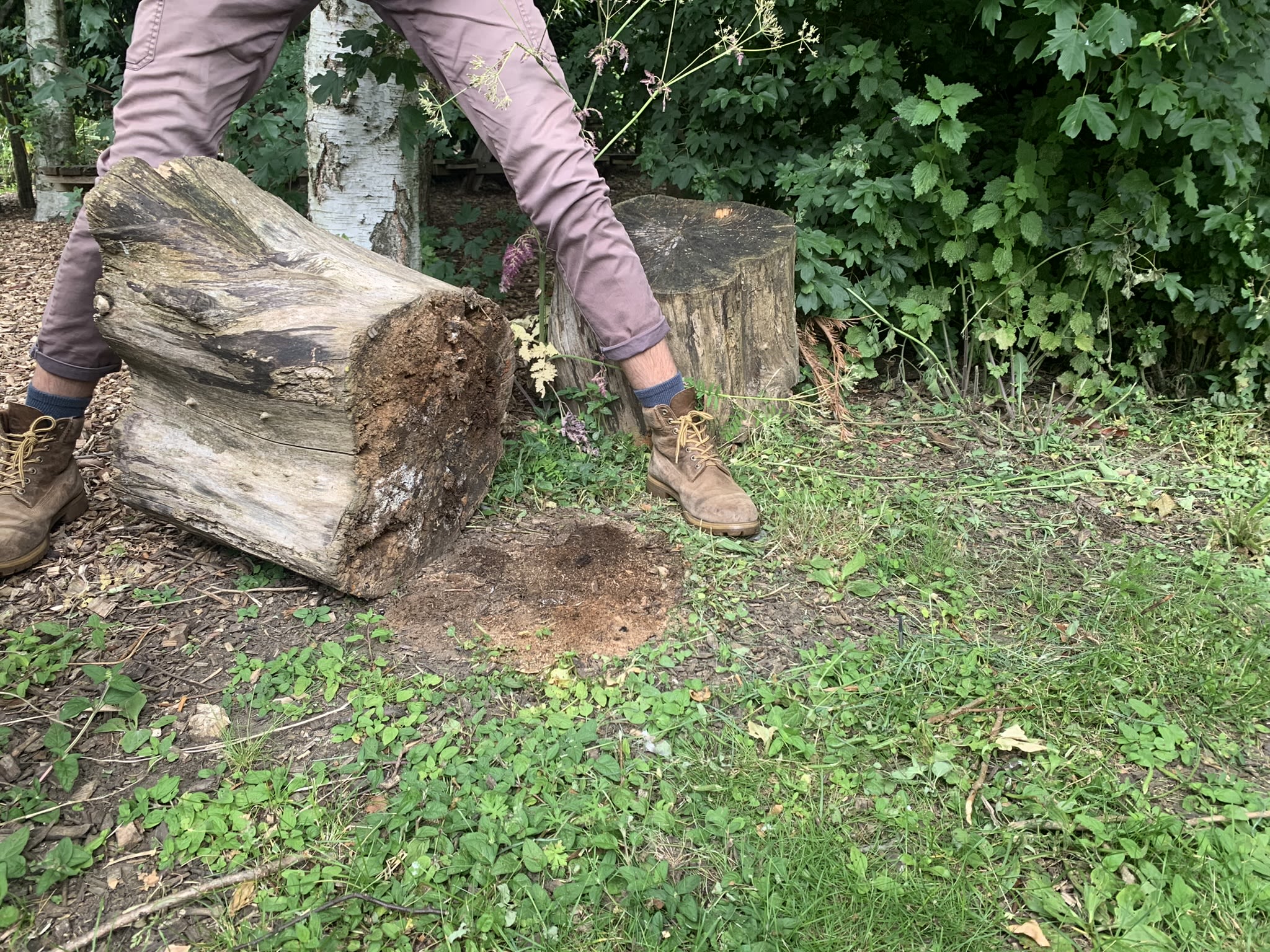
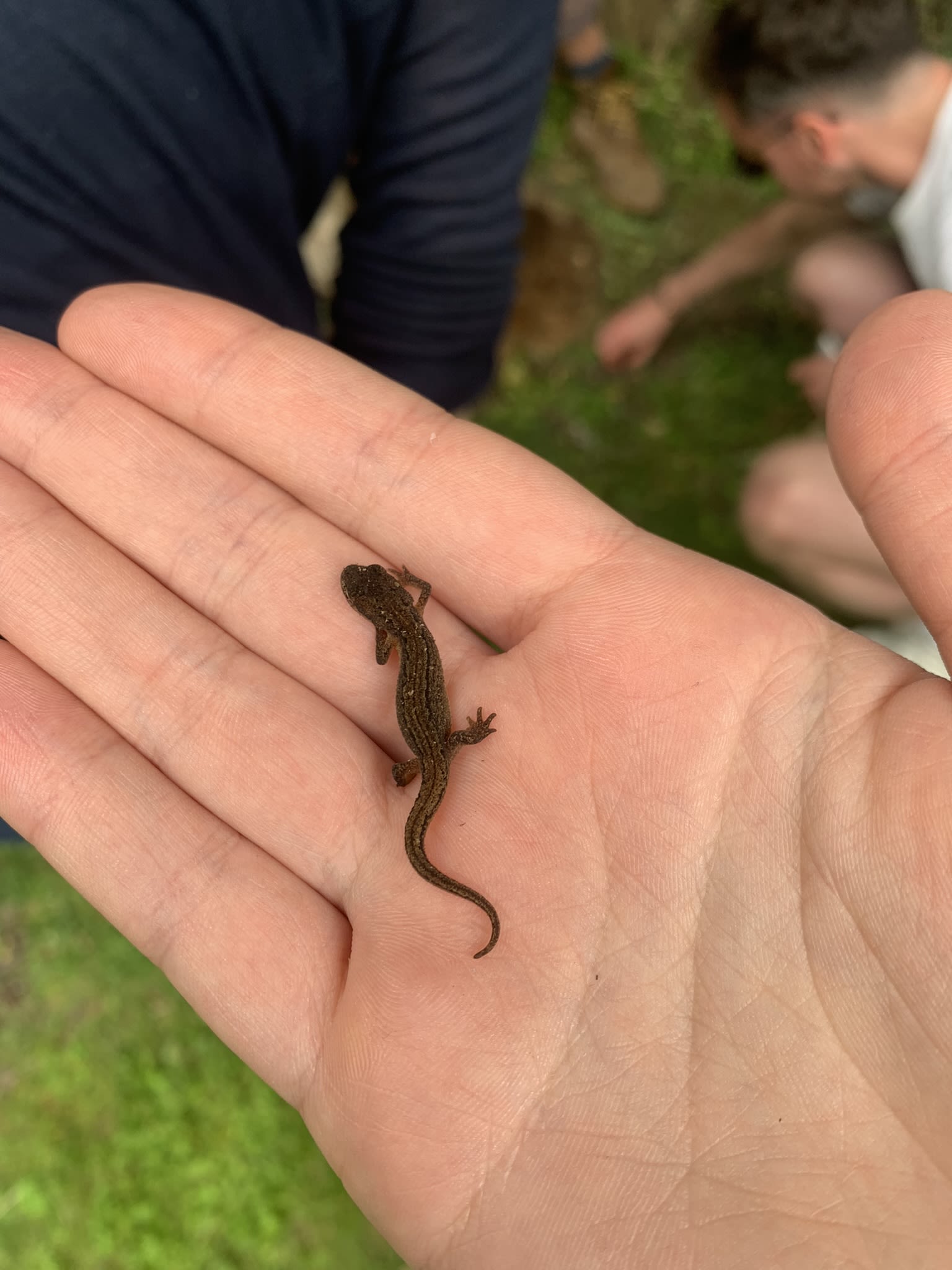
A smooth newt.
A smooth newt.
Connor using a sweep net to take a look at what's hiding in the bushes.
One of the many things Connor was keen to point out were the yellow irises growing by just one of the many ponds in the London Wetland Centre.
“These I think are a nice little metaphor for the Queer community," he said to the group, noting how their name comes from the Egyptian goddess of rainbows for the variety of colours they can be found in – blue, white, yellow, purple, pink, orange, brown, and even black.
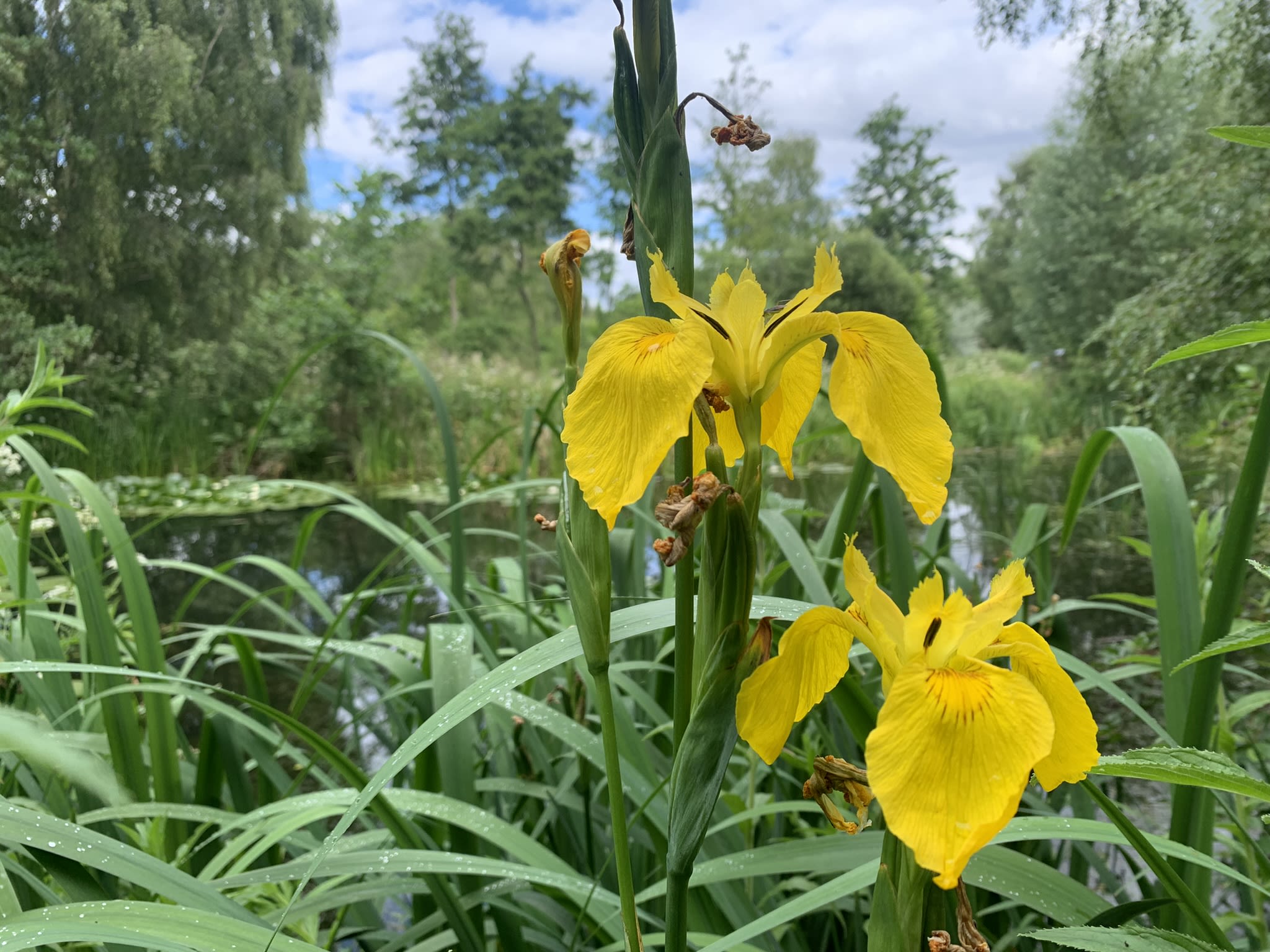
He reflected on the Queer community’s history with floral names, highlighting how they're used to, for example, describe gay men as effeminate is a reality for many in the LGBTQ+ community.
Hurling the words “pansy” and “lavender” towards gay men was internationally very common practice in the 20th century, so much so that the persecution of Queer people by the US government was later given the name ‘The Lavender Scare’, based on Senator Everett Dirksen using “lavender lads” as a synonym for homosexual men.
But Connor did not leave the history lesson there, and explained how the Queer community has reclaimed the offensive language by wearing lavender, pansy, and violet pins.
Paul Harfleet plants pansies at sites of homophobic abuse across the globe and documents them to draw attention to the stigmatisation of Queerness in what he has named 'The Pansy Project'.
The "positive action" of planting the pansies places their quiet but steadfast presence and colour in opposition to the negative action of the abuse.
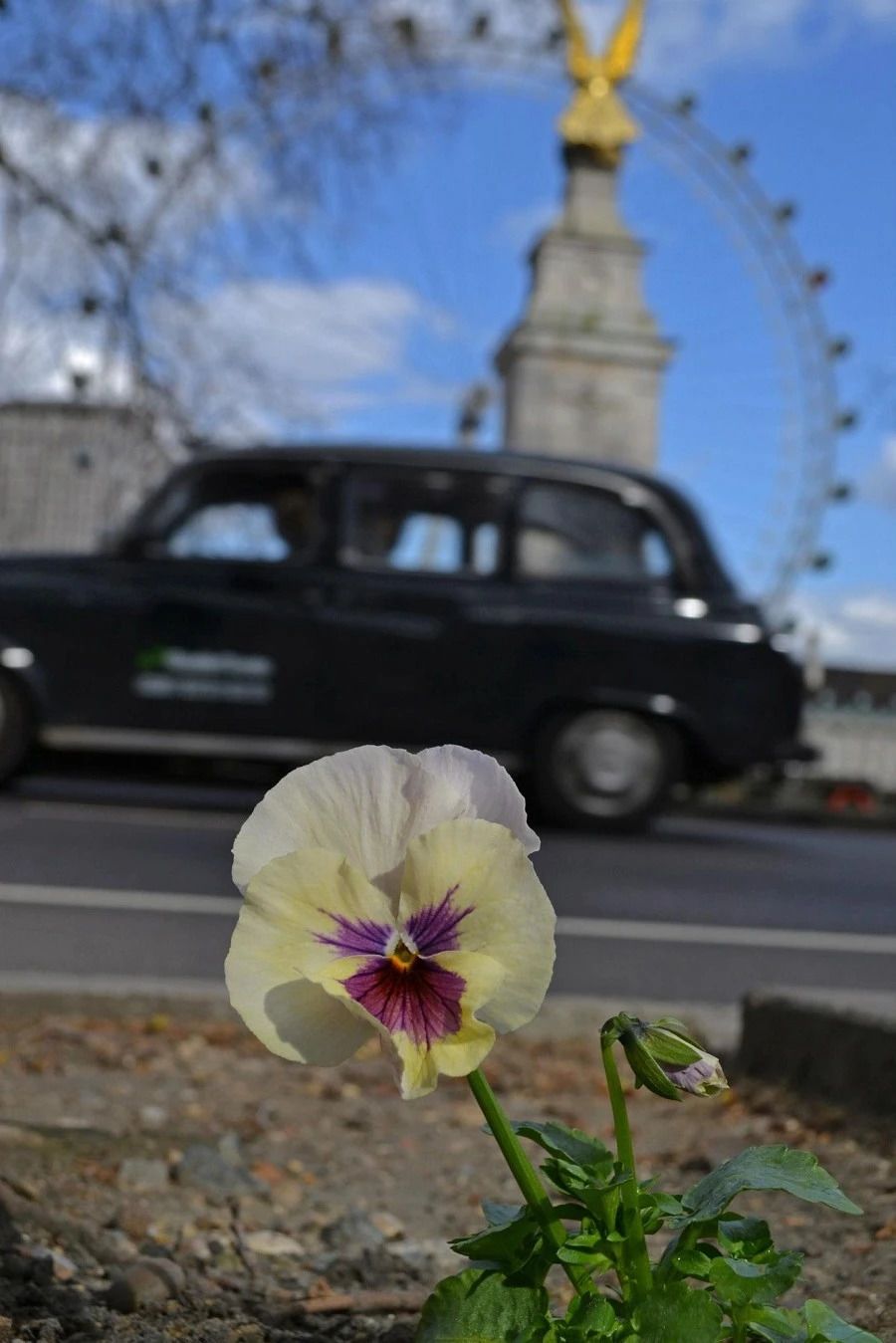
Credit: Paul Harfleet
Credit: Paul Harfleet
A photograph of a pansy planted by Harfleet, titled with the hate speech used in the encounter and the location: "You f****** queer c***s! You f****** queer c***s!" Embankment, London
It is worth noting that at the time of this article’s publication, the 'Beware The Lavender Menace Pin' from the Gay Pride Shop was sold out on their website.


More facts from Connor's queer ecology walk:
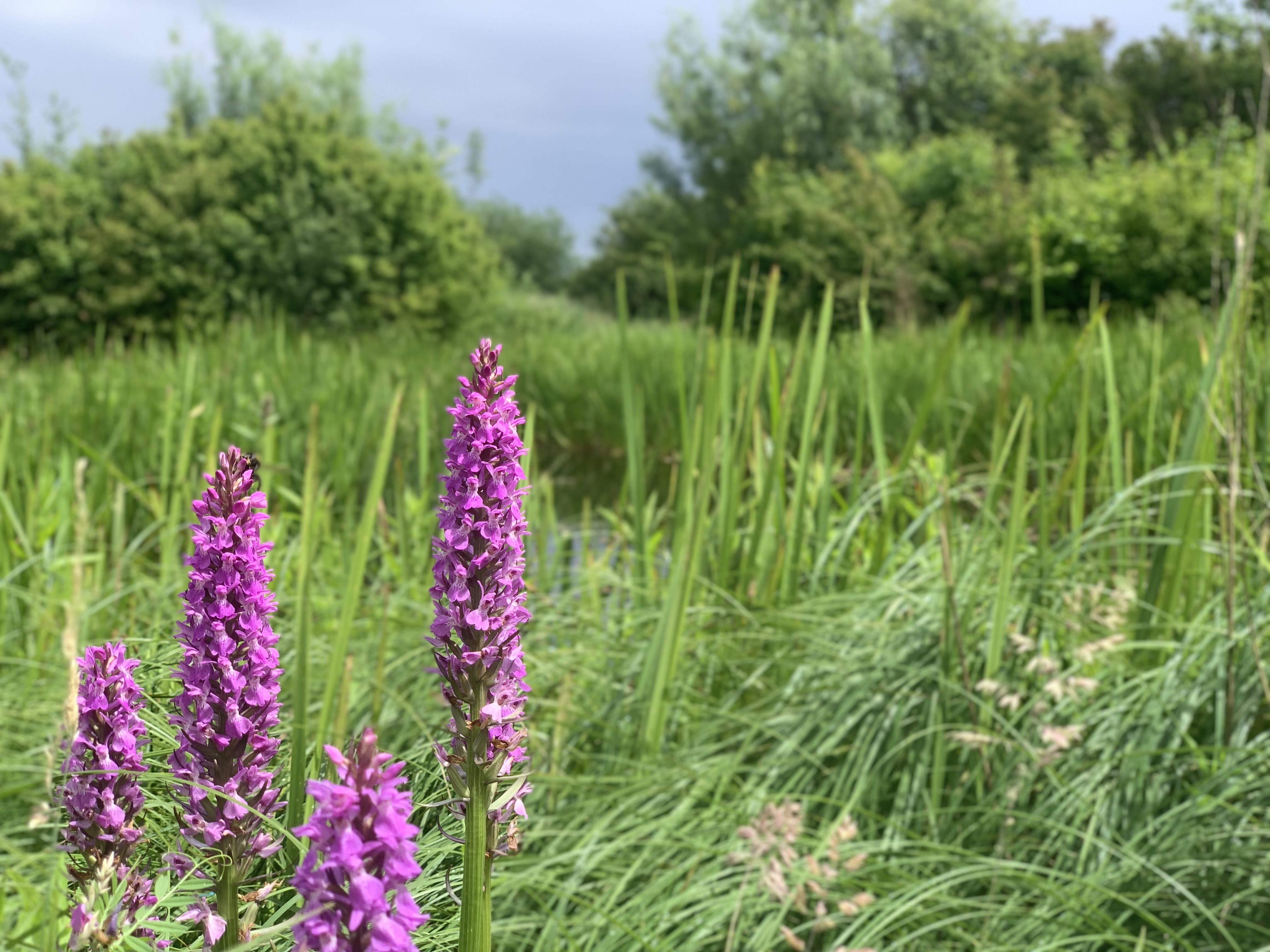
Northern Marsh Orchids
These purple flowers rely on a fungi to germinate their seeds - but Connor said this relationship is odd as the fungi doesn't explicitly gain an advantage from helping the orchid.
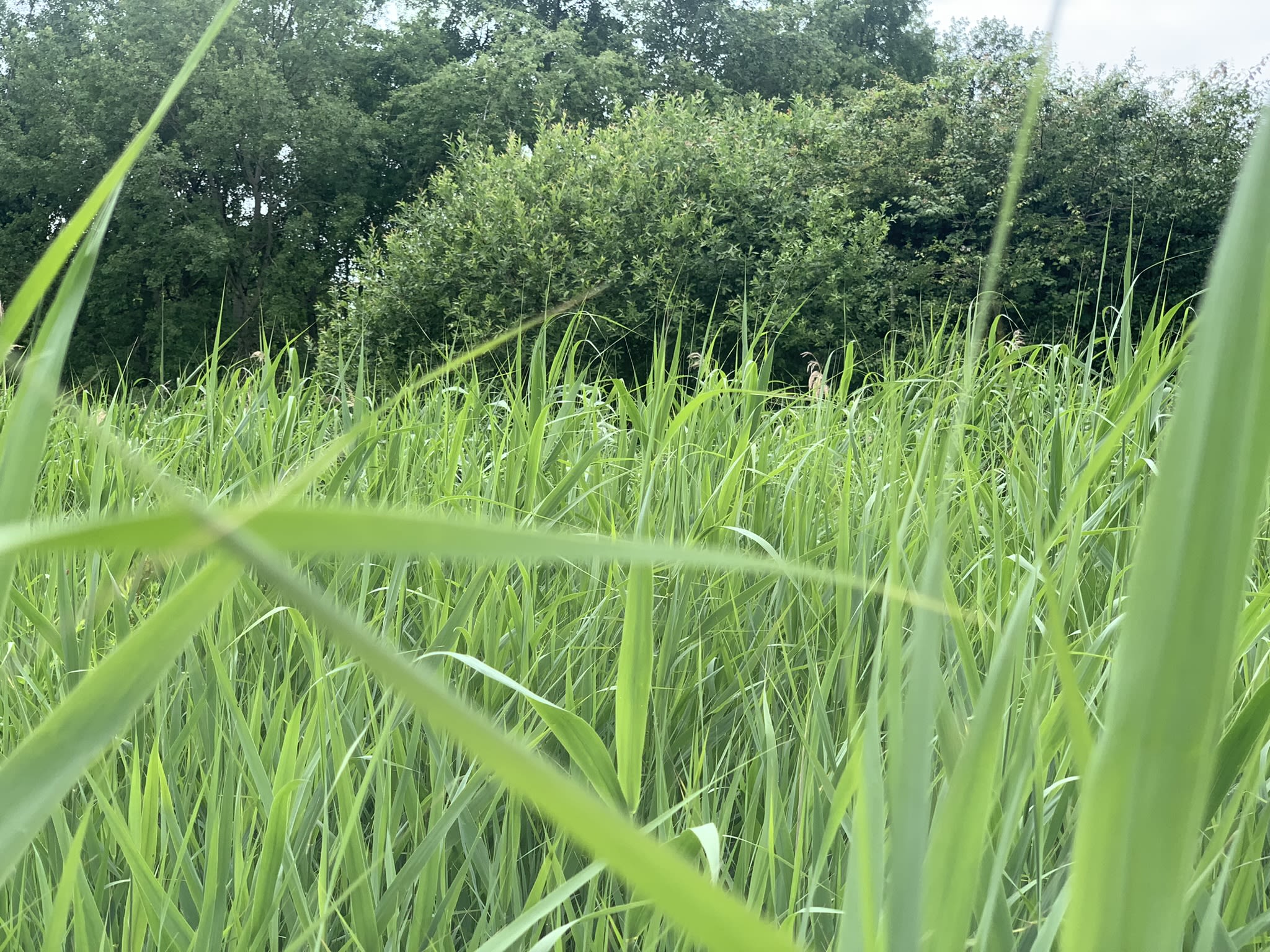
Bamboo
Bamboo dies after 120 years. Even if you were to cut a piece off and propagate it, the new plant would still die at the same time as the original.
Slugs
Slugs are hermaphrodites, meaning they have female and male reproductive organs.
Connor said 95% of all trees don't have one distinguishable sex, and could therefore be described as Queer.
Take a look at some more of the nature the London Wetland Centre has to offer:
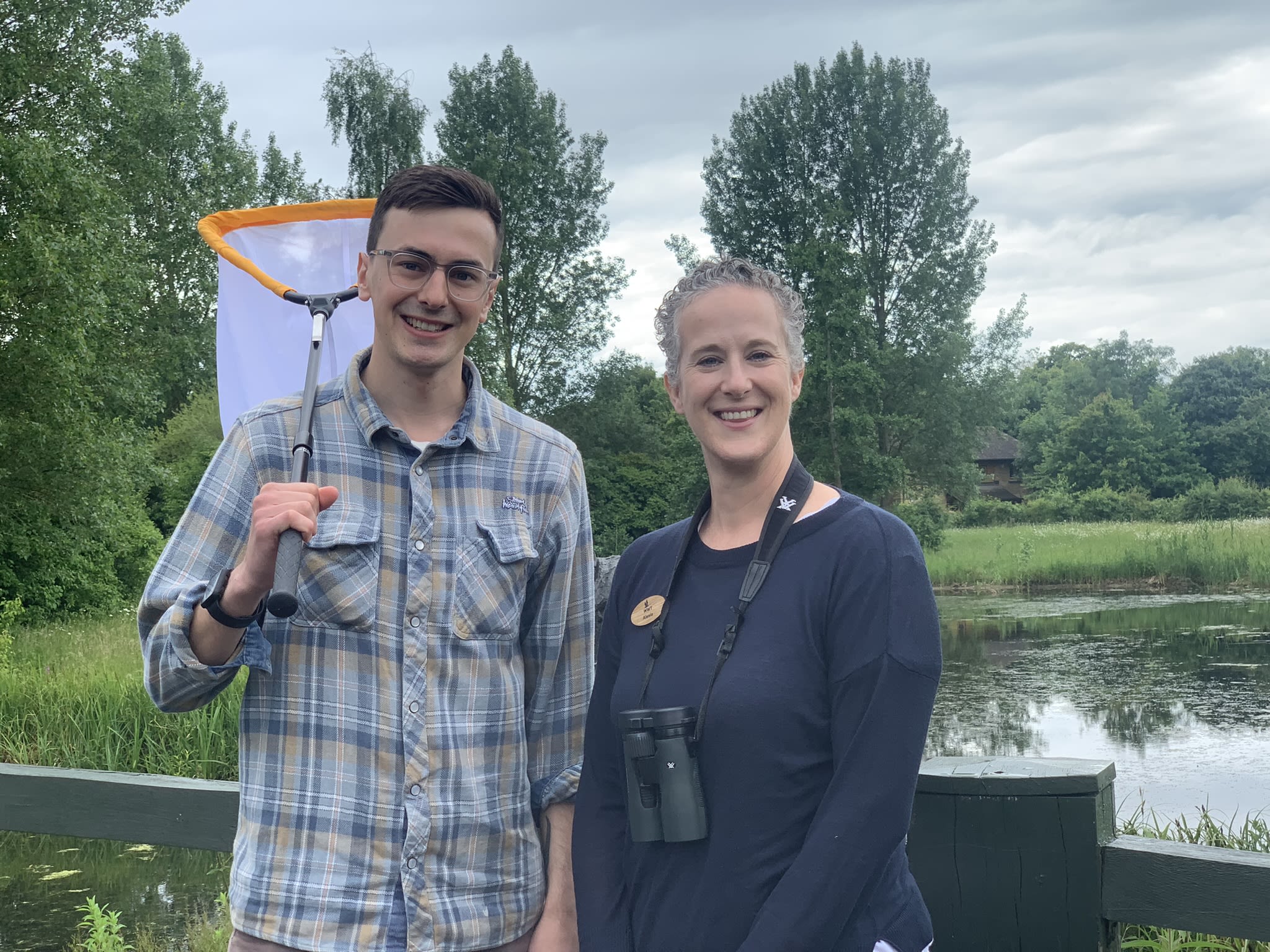
Connor Butler (left) with Alexia Hollinshead (right) at the London Wetland Centre.
Connor Butler (left) with Alexis Hollinshead (right) at the London Wetland Centre.

Connor Butler (left) with Alexia Hollinshead (right) at the London Wetland Centre.
Connor Butler (left) with Alexis Hollinshead (right) at the London Wetland Centre.

Connor Butler (left) with Alexia Hollinshead (right) at the London Wetland Centre.
Connor Butler (left) with Alexis Hollinshead (right) at the London Wetland Centre.
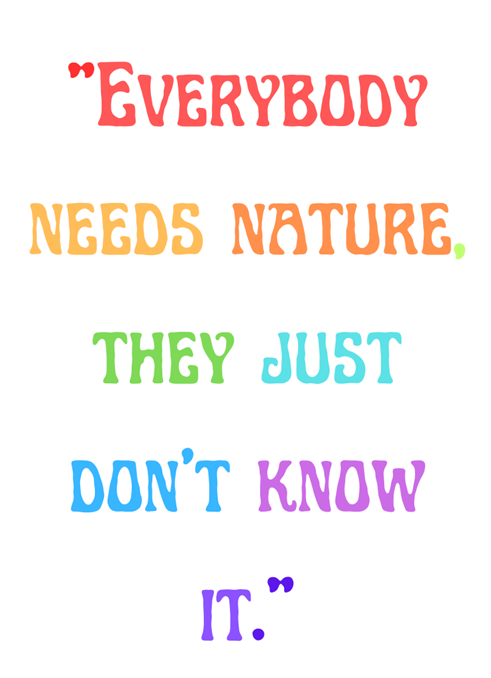

As well as questioning how people perceive Queerness as a “natural” or “unnatural” identity, Connor’s aims include making ecology an accessible and welcoming space for the Queer community and others who are underrepresented in the scientific field.
General manager of the London Wetland Centre Alexia Hollinshead talked about how important it is that the centre reflects London’s diverse population.
The regular sound of planes flying overhead towards Heathrow Airport reminds visitors that as much as the centre is an oasis, it is in fact surrounded by the hubbub of London.
Alexia, 42, revealed that part of the reason why she took on the role in October last year was because of the physical accessibility of the London Wetland Centre, both in terms of it being accessible for people across London and for people who need mobility support, as the reserve's wide paths and lack of steps means they can enjoy the park too.
She wants to have that same consideration translated to accessibility for minorities by ensuring they are reflected in the staff and visitors.
Alexia considered the importance of nature: “Everybody needs nature, they just don’t know it.”
This was echoed by Connor, who highlighted how he wants to give people the skills to enjoy nature in an environment where they feel safe and acknowledged, a part of which is giving them representation.
One of the most memorable Queer ecology walks Connor has given was when an older husband and wife were part of the group, and later quietly admitted to him that they had taken "Queer" to mean odd or curious rather than as an umbrella term for the LGBTQ+ community.
He said they recognised the walk was not necessarily aimed at them, but that they enjoyed it and intended to tell their children and grandchildren about what they had learnt from Connor.
In fact, Connor recognised the wife on another one of his walks a few months later, and was excited to see his efforts being appreciated by people from all walks of life.
"It's really for everyone, and I think that's why it's really successful, because it's just about nature being weird and diverse," Connor said.
"We're all weird in our quirky ways - I think it's just about accepting that."
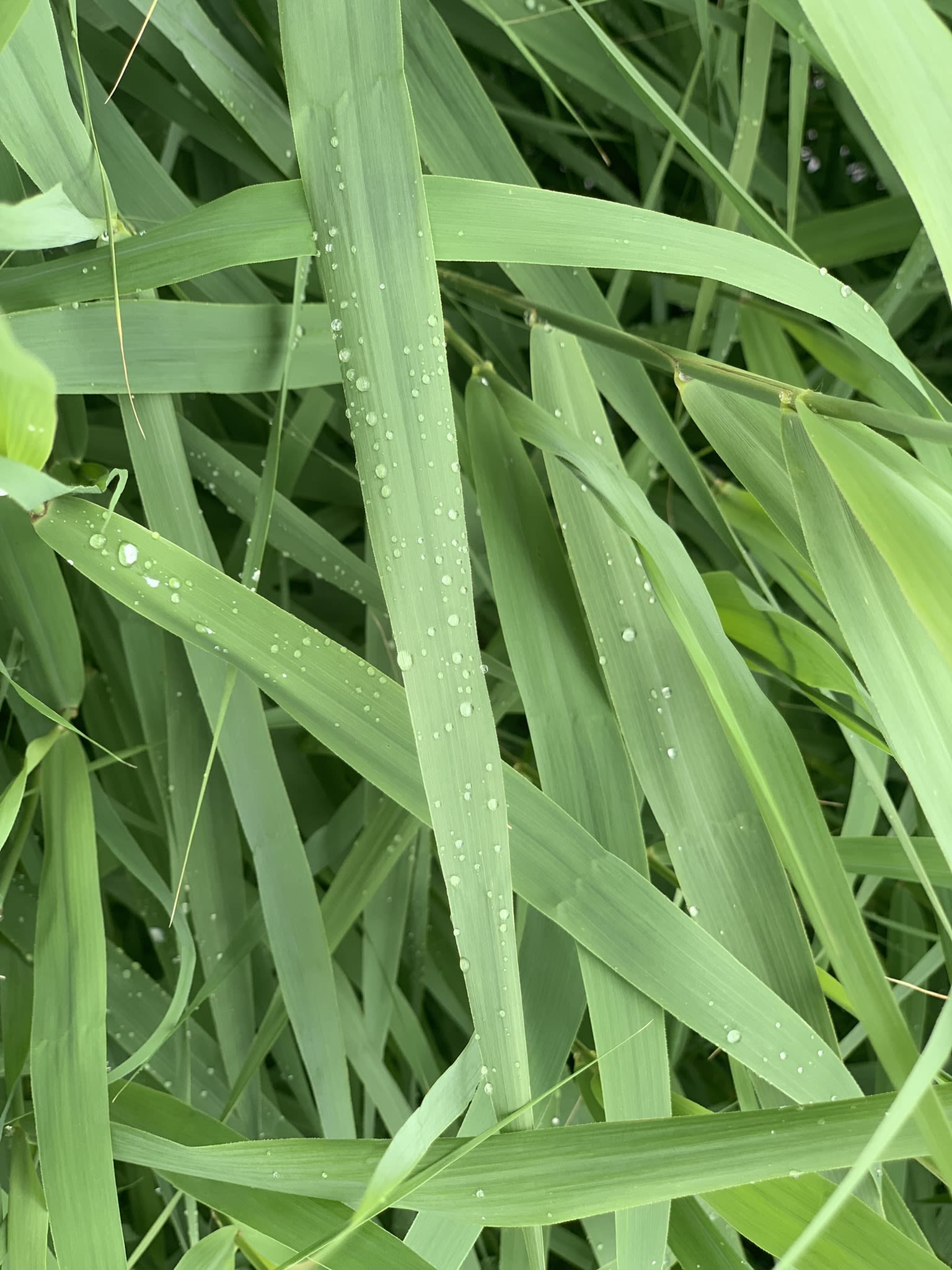
So, as you're enjoying the array of Pride events London has to offer this month - consider taking the scenic route with Connor and learning more about parts of nature you may not be familiar with.
